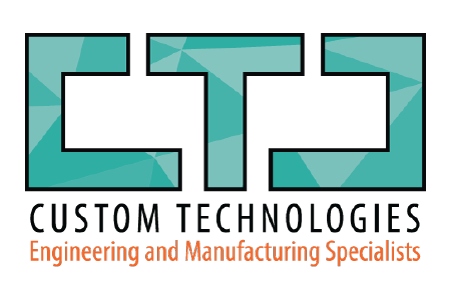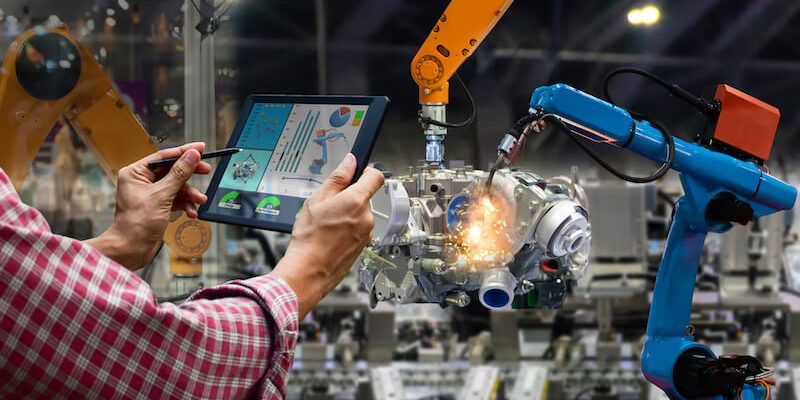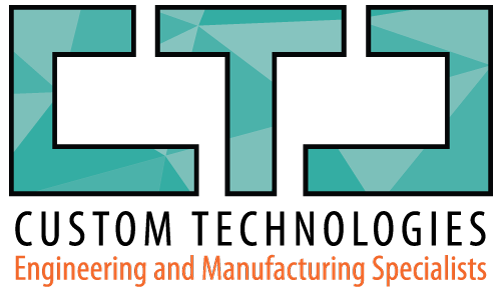Through our years of engineering and manufacturing experience, we’ve noticed that many engineers today are too theoretical or abstract in their knowledge of manufacturing processes. By not educating themselves on the practical applications of their engineering work, engineers open the door for far too many mistakes. In today’s competitive market, there is simply no room for that. Our engineers are integrated into every part of our manufacturing process and here’s why.
How Important is Manufacturing to Engineers?
Manufacturing skills and knowledge should be of the utmost importance to engineers. According to Forbes, “manufacturing is a vital sector of the U.S. economy and contributes significantly to America’s overall economic strength.” Unfortunately, there seems to be a serious skill gap in the United States’ manufacturing workforce, applicable to all manufacturing roles, including engineers. According to SME, “two-thirds of manufacturing companies report a moderate to a severe shortage of available, qualified workers, with as many as 5% of current jobs going unfilled due to a lack of capable candidates—this represents 600,000 jobs.”
Manufacturing is a high-tech and creative field. Gaining a basic understanding of its practices can make engineers more well-rounded and better at their jobs. Knowledge in manufacturing can fast-track engineering professionals to leadership positions, where they can have a larger impact in their industry. Plus, manufacturing knowledge isn’t just good for one’s career aspirations, it is necessary for engineering best practices.
Why is Manufacturing Important to Understand as an Engineer?
An engineer can’t design in isolation from the rest of the creation process. They need to be able to design a product and carry it from concept to the development of a working product. A successful engineer can produce high-quality products at a low cost, which requires them to be cognizant of financial needs, other people involved, and company management.
Another facet of being a successful engineer is being able to integrate new technologies to improve the supply and production chain. To do that they’ll need to focus on the design and operation of integrated systems. This includes computer networks, robots, machine tools, and material-handling equipment, all of which are responsible for the production of high-quality, economically competitive products.
Above all, engineers should be up to date on all current manufacturing processes, as they are changing all the time. Once an engineer has a handle on how things are being done, they can take the next steps to identify a more efficient and cost-effective process for the facility they are working with. We cannot stress this enough: efficiency at a low cost is the key objective for an engineer. Because manufacturing is a multifaceted operation, we look for engineers that are just as varied in their skillset.
Engineering With Custom Technologies
In today’s competitive market, we recognize the importance of keeping our engineers close to the manufacturing process. Our turnkey manufacturing services require our engineers to be familiar with every aspect of the manufacturing process. This ensures that we create a high-quality, cost-effective product efficiently for our clients.
Thanks to our talented engineers, we have a streamlined turnkey manufacturing system that benefits companies nationwide. From business practices to design, prototyping, and assembly and testing, we can do it all. Interested in our services? Contact us today or visit customtechnologies.com!


